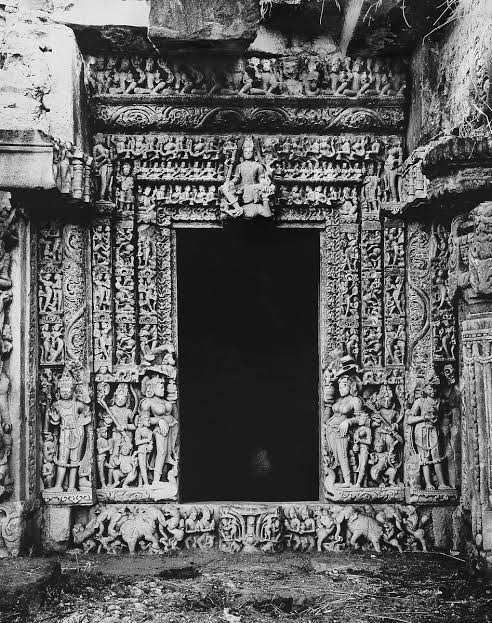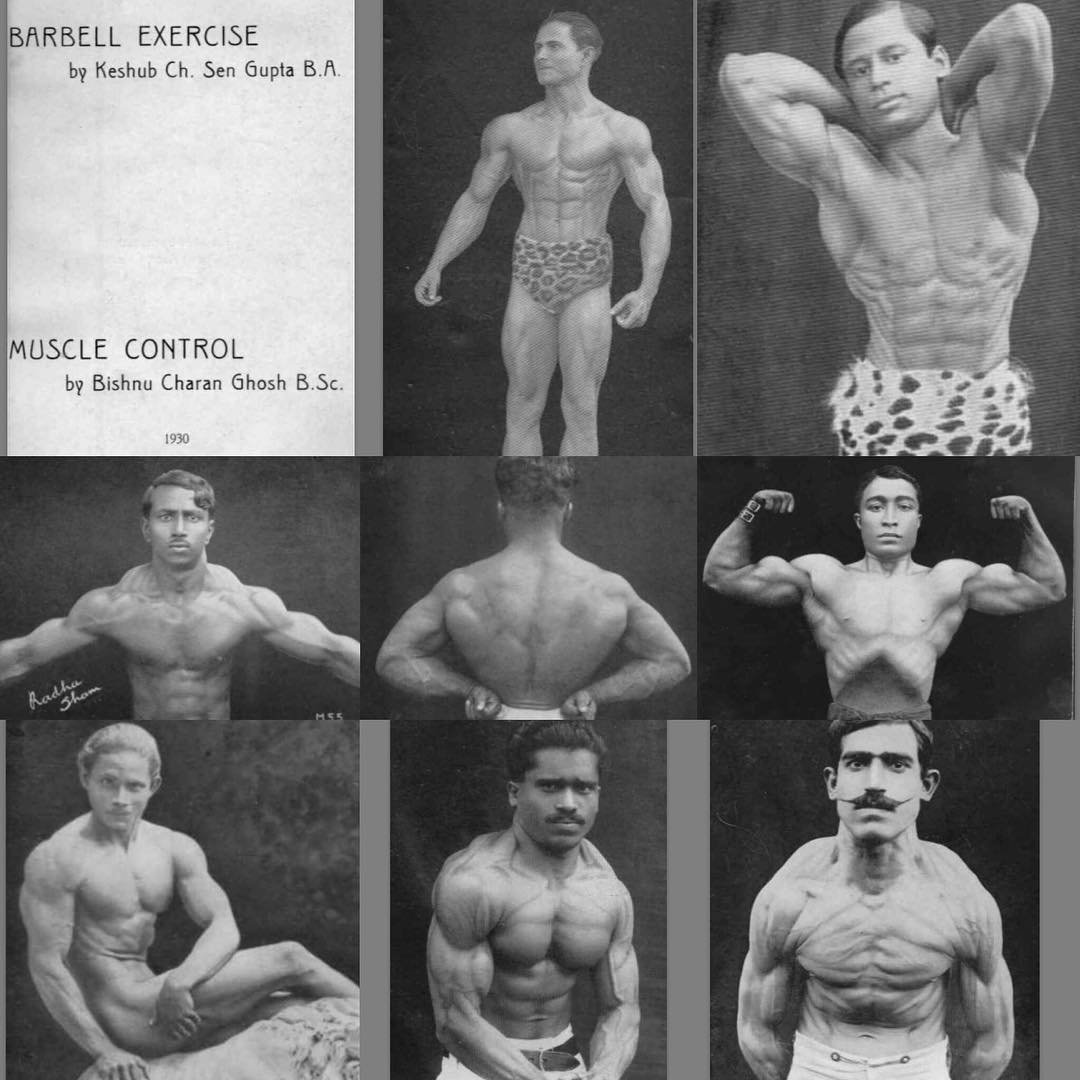
This partially completed monolithic Pallava rock cut temple from Mahabalipuram presents a very good visual representation of how ancient Sthapatis went about carving out material from a monolithic rock. Valayankuttai Ratha was being built during the reign of Parameshvaravarma. 

If the Sthapatis had managed to complete the above Temple, it would have looked similar to the Temple below. This is the Arjuna Ratha from the same Pancha Ratha Temple complex. The Upapeetha(base) & Adisthana(plinth) remained incomplete in the previous Ratha. 

This is also a good opportunity to understand the different elements that make up a Ratha type temple. It basically comprises of 6 major parts or Angas as it is called in the Shilpashastra.
Lets have a look with the above example
Bottom most part is the Upapeetha, the sub base
Lets have a look with the above example
Bottom most part is the Upapeetha, the sub base

On top of the Upapeetha, we have the Adisthana. Usually these two elements are refered as a single element usually. The rest of the Temple structure rests on this element. Sometimes the the Adisthana is intricately carved with a variety of ornate carvings. Usually simhas & Ashvas 

The Adisthana itself is further divided in a series of sub parts Kandhara, mahapatti, jagati, kumuda, kampa, kapota, pratimuka, vaajana etc. But we'll have a look at only the basic 6 elements for now.
This part is the Paada(walls). The paada also contain a number of Sthambas(pillars). The recess where carvings are made is called the Koshtha. In the case of the Arjuna Ratha there are 5 carvings
On either side is a Pratihara(Guard). In centre we have Skanda seated on elephant
On either side is a Pratihara(Guard). In centre we have Skanda seated on elephant

Then comes the Prasthara or what in english we call as entablature. It is basically a horizontal beam which seperates the Paada(wall) from the upper structure. Prasthara too has a number of elements like Kapota, Uttira, Vyalavari etc. All these elements are intricately decorated 

This element is the Haara, the Parapet. The Ratha/Vimana type Temple can have a number of storeys. The Arjuna ratha is an example of a simple single storeyed Temple. A ratha type Temple can have as high as 16 storeys. Each one of them is called jaati vimana. 

Finally we have the Shikhara which is the spire. On top of it we usually have a Sthupi or Kalasha(which is not visible here).
These are few elements of a Vimana type temple.
These are few elements of a Vimana type temple.

Dharmaraja ratha is the tallest among Pancharatha temples. It is a tri-tala (3 storeyed) Vimana type Temple. Each one of the storeys are functional. Despite its grand look, it is actually an unfinished temple. We can only imagine how much more grander finished one would have been 

• • •
Missing some Tweet in this thread? You can try to
force a refresh














